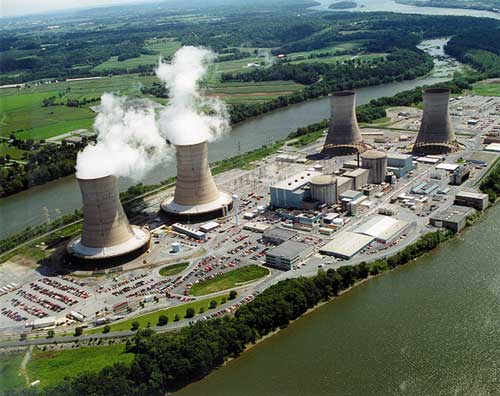

The Kingdom of Helissa is a small, genial nation, remarkable for its strong tradition chivalry and military . Its compassionate, hard-working, cynical population of 25 million are ruled by the King, who grants the populace the freedom to live their own lives.
The medium-sized government devotes most of its attentions to Defence, with areas such as Social Equality and Healthcare receiving almost no funds by comparison. The average income tax rate is 22%. The private sector is almost wholly made up of enterprising ten-year-olds selling lemonade on the sidewalk, although the government is looking at stamping this out.
Military spending is on the increase, gambling is outlawed, skateboarding is punishable by heavy fines, and child adoption by homosexual couples has been outlawed. Crime is moderate, probably because of the country's utter lack of prisons. Helissa's national animal is the Griffin , which frolics freely in the nation's many lush forests, and its currency is the Royal Check.


